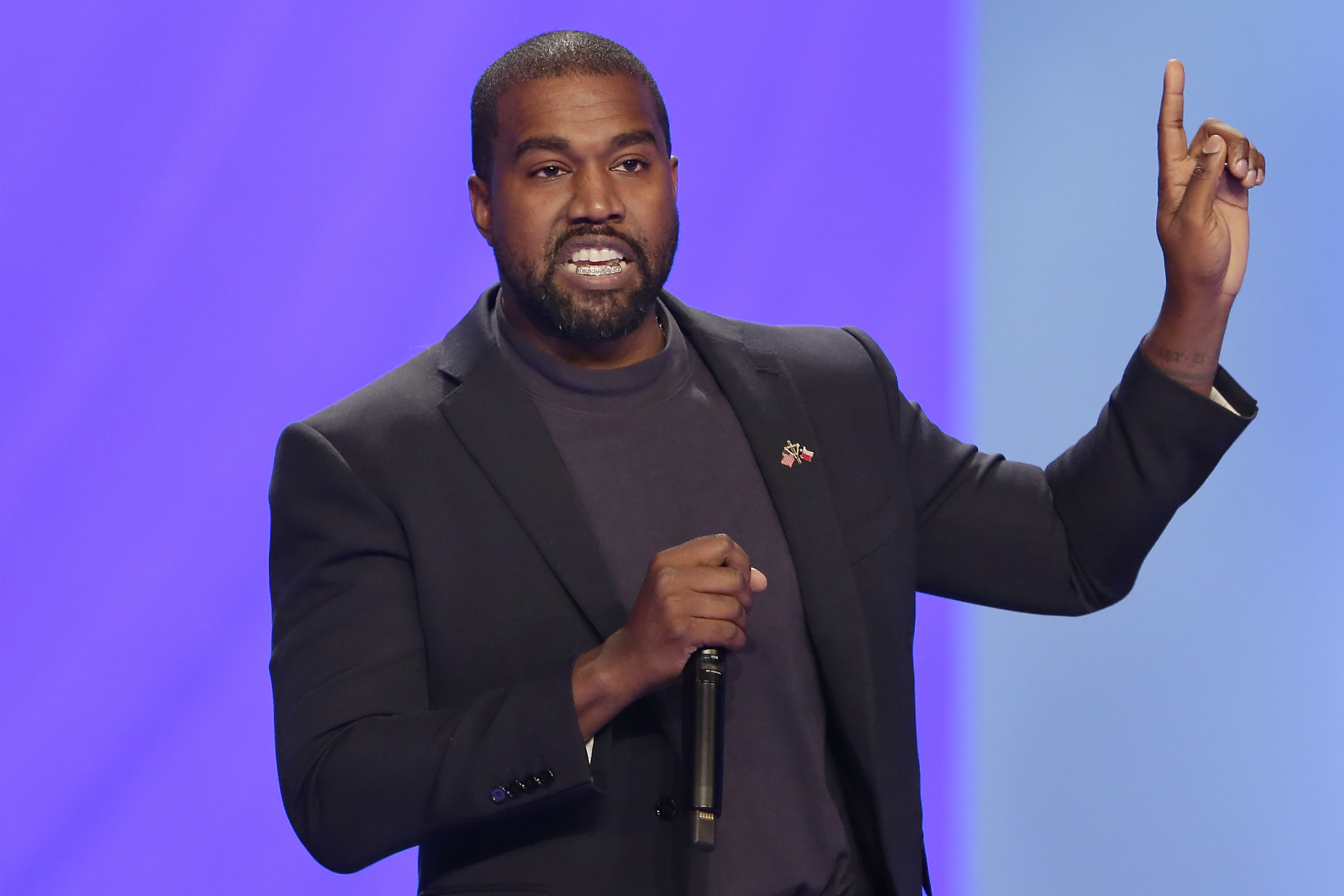Big problems with the Paycheck Protection Program?
The loans were supposed to help small businesses survive the pandemic. Did they work?

A free daily email with the biggest news stories of the day – and the best features from TheWeek.com
You are now subscribed
Your newsletter sign-up was successful
The smartest insight and analysis, from all perspectives, rounded up from around the web:
"The U.S. Small Business Administration released 4.8 million loan records detailing who received money from the $530 billion Paycheck Protection Program," said Taylor Borden at Business Insider — and it's quite a list. Kanye West's Yeezy sneakers brand is on it, with a loan of $2 million to $5 million. So are the Girl Scouts of America, the Archdiocese of New York, the Ayn Rand Institute — a think tank known for promoting "hard-core capitalism" — and the anti-tax Americans for Tax Reform Foundation. "Meant to protect small business," the program, which offered forgivable loans to help save jobs, ended up sending money to large corporations, private schools, and even private clubs. Among the "well-heeled and well-connected" recipients were organizations linked to the Trump administration itself, said Ryan Tracy at The Wall Street Journal. An Indianapolis company part-owned by Education Secretary Betsy DeVos got a loan of at least $6 million; a company run by the family of Transportation Secretary Elaine Chao got a loan, too. So did Newsmax Media, run by Trump donor Christopher Ruddy. Large hospital and casino chains got loans for multiple subsidiaries, leading to complaints of misuse. Says one finance professor, "This was supposed to be a small-business program."
It's hard to evaluate just how effective the program has been, because the numbers released so far are full of mistakes, said Mark Niquette at Bloomberg. For instance, on the electronic system that lenders use to process applications, more than 550,000 loan recipients listed "zero" for the number of jobs retained and more than 320,000 left the line blank. Some of the data is flat wrong. The official list shows Herb Miller's "one-man business" in Hixson, Tennessee, getting as much as $5 million. The real amount: $3,700. With the numbers rolling in, "people are still confused, and even angry, over the ambitious, unprecedented experiment," said Emily Stewart at Vox. The flaws go far beyond issues with the data. The program's reliance on banks disadvantaged smaller businesses, "because banks can collect bigger fees for bigger loans." But the biggest problem was in the design, which created confusion "about what PPP was supposed to accomplish in the first place." Take the Mark Fisher Fitness studio in New York City. With a PPP loan, it was able to rehire in April the 28 employees who were laid off in March. But the money had to be used in two months — and now that it's spent, the employees have been laid off again.
The Week
Escape your echo chamber. Get the facts behind the news, plus analysis from multiple perspectives.

Sign up for The Week's Free Newsletters
From our morning news briefing to a weekly Good News Newsletter, get the best of The Week delivered directly to your inbox.
From our morning news briefing to a weekly Good News Newsletter, get the best of The Week delivered directly to your inbox.
Don't get mad at Kanye West, said David Graham at The Atlantic. Naming and shaming companies that were "legally allowed to seek public stimulus funds" misses the mark. So what if a recipient has a celebrity CEO? "Each dollar they passed to employees was a dollar injected into the American economy." The "huge and hasty PPP was bound" to make mistakes, said The Washington Post in an editorial, but "the declining unemployment rates of the past two months suggest this broad approach did indeed help save jobs." Congress on a bipartisan basis agreed to write the rules "and ask questions later." Now the initial results of the program are finally public, and "Congress has enough time and data — as well as a duty — to fix it."
This article was first published in the latest issue of The Week magazine. If you want to read more like it, you can try six risk-free issues of the magazine here.
A free daily email with the biggest news stories of the day – and the best features from TheWeek.com
-
 What to know before filing your own taxes for the first time
What to know before filing your own taxes for the first timethe explainer Tackle this financial milestone with confidence
-
 The biggest box office flops of the 21st century
The biggest box office flops of the 21st centuryin depth Unnecessary remakes and turgid, expensive CGI-fests highlight this list of these most notorious box-office losers
-
 The 10 most infamous abductions in modern history
The 10 most infamous abductions in modern historyin depth The taking of Savannah Guthrie’s mother, Nancy, is the latest in a long string of high-profile kidnappings